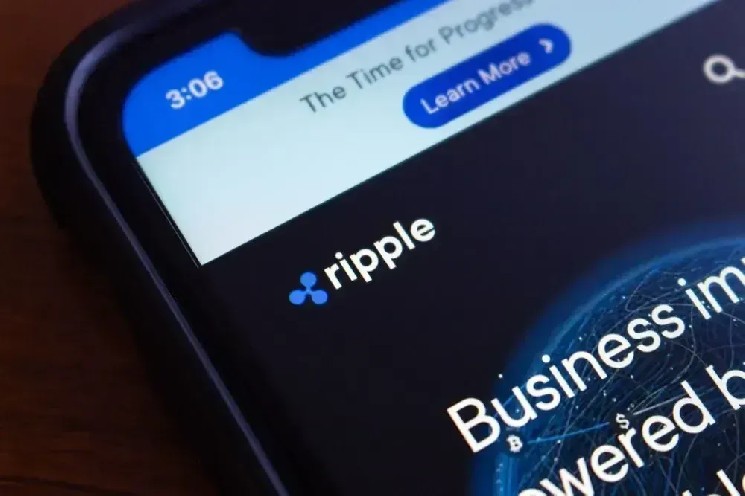What is Ethereum? Ethereum is the most decentralized, most valuable, and most mature general-purpose blockchain in the world. Although Ethereum is fundamentally a technology, this year's Ethereum developer conference Devcon focused on Ethereum as an idea, exploring how the principles and values driving Ethereum protocol development have evolved over the years.
1. Ethereum's Challenging Year
From the perspective of ETH price and market sentiment, 2024 has been an extremely challenging year.
Many critics of Ethereum believe that over time, the Ethereum community's decentralization, trusted neutrality, and cypherpunk values of censorship resistance have eroded, or even been completely abandoned. Even within the Ethereum community, disagreements over values have led to debates in the Pectra upgrade decision process and heated discussions on topics like blob fee markets and issuance.
While Devcon 7 showcased a wealth of technical innovations and announcements, none of them provided clear guidance to the community about Ethereum's long-term vision and narrative. The most anticipated announcement shared by Ethereum Foundation researcher Justin Drake this week was the launch of Beam Chain, a radical proposal to overhaul Ethereum's current Beacon Chain consensus protocol.
Although Drake detailed several new technical features aimed at enhancing Ethereum and L2 functionality, the proposal lacks broad community support and fails to provide a "North Star" - a forward-looking goal that excites stakeholders in a way similar to the Ethereum Merge's transition to Proof-of-Stake.
For years, the Merge has been Ethereum's North Star - a technical upgrade rooted in the environmental and decentralization values embraced by nearly the entire community. Since the Ethereum Merge, no technical upgrade has had a clear alignment with Ethereum's values, leading to confusion and conflict among Ethereum stakeholders about how the technology should evolve.
2. What is Ethereum?
Beyond a series of technical announcements, the ideas presented at Devcon about how to build Ethereum and how to do so in a way that promotes decentralization and trusted neutrality values greatly resonated with Devcon attendees. While all speakers presented somewhat different visions of Ethereum, they shared a fundamental belief that Ethereum is being built to create a permissionless, trust-minimized, transparent system for the betterment of humanity.
If you ever doubted Ethereum's cypherpunk value proposition as an inspiration for innovation, the Devcon 7 talks emphasized that these values remain at the core of the Ethereum ethos. When asked about the tradeoffs between decentralization and performance, all four members of the "Ethereum Values and Ethos Alignment" panel reaffirmed that the importance of decentralization should take precedence over performance and scalability.
Flashbots co-founder Philip Daian, in his keynote, outlined four non-negotiable characteristics of "Ethereum 3.0" - permissionless, distributed, geographically decentralized, and truly neutral builders. Daian urged the Ethereum community to refocus efforts on promoting and strengthening geographic diversity and permissionless design across the entire Ethereum technology stack, rather than solely on objectives like improving user experience to drive mass adoption.
"The problem is, if you just focus on user experience, that's going to be really bad. I think that's why the value of ETH goes to zero. That will destroy the decentralized system we've so carefully built, making us vulnerable to exploitation and recreating the systems we're trying to avoid," Daian said in his keynote.
Gnosis co-founder Martin Koeppelmann introduced the concept of "native rollups" - rollups built with Ethereum's decentralization and trusted neutrality values. From a practical standpoint, for Koeppelmann, this means no multi-sig control of critical rollup functions, deploying multiple rollup proof systems, and rigorously auditing rollup codebases (i.e., "having thousands of eyes review every line of code") just like Ethereum.
Finally, a full day of Devcon programming was dedicated to exploring the concept of "defensive acceleration" or "d/acc." In the words of creator Vitalik Buterin, "d/acc is a philosophy, a set of technologies and protocols, for building technologies that make humans the means and ends of their own freedom and flourishing." Many Devcon attendees received a booklet on the d/acc concept as a conference souvenir, and on the final day, a booklet on the future development of the Ethereum protocol, both written by Vitalik Buterin.
The Devcon 7 handbooks and programming emphasized the shared philosophy among Ethereum developers, rather than a shared technical roadmap. The most compelling "North Star" presented at the conference was the collective aspiration to build a permissionless, trust-minimized, transparent system for the betterment of humanity - a vision that transcends any individual innovation, upcoming upgrade, or development team within the Ethereum ecosystem.








